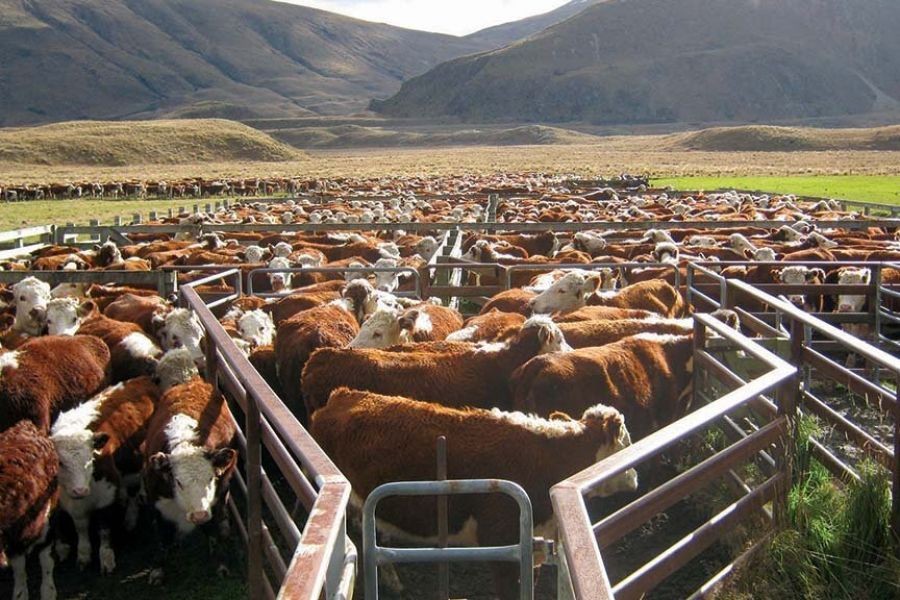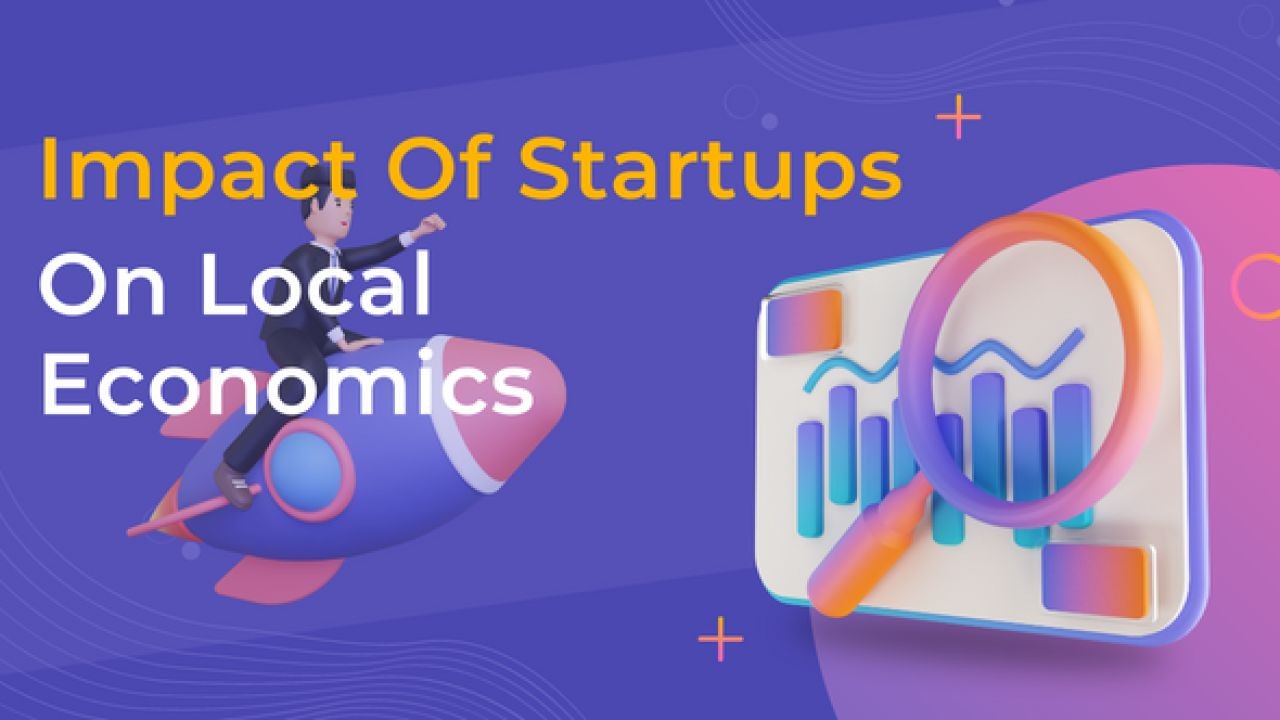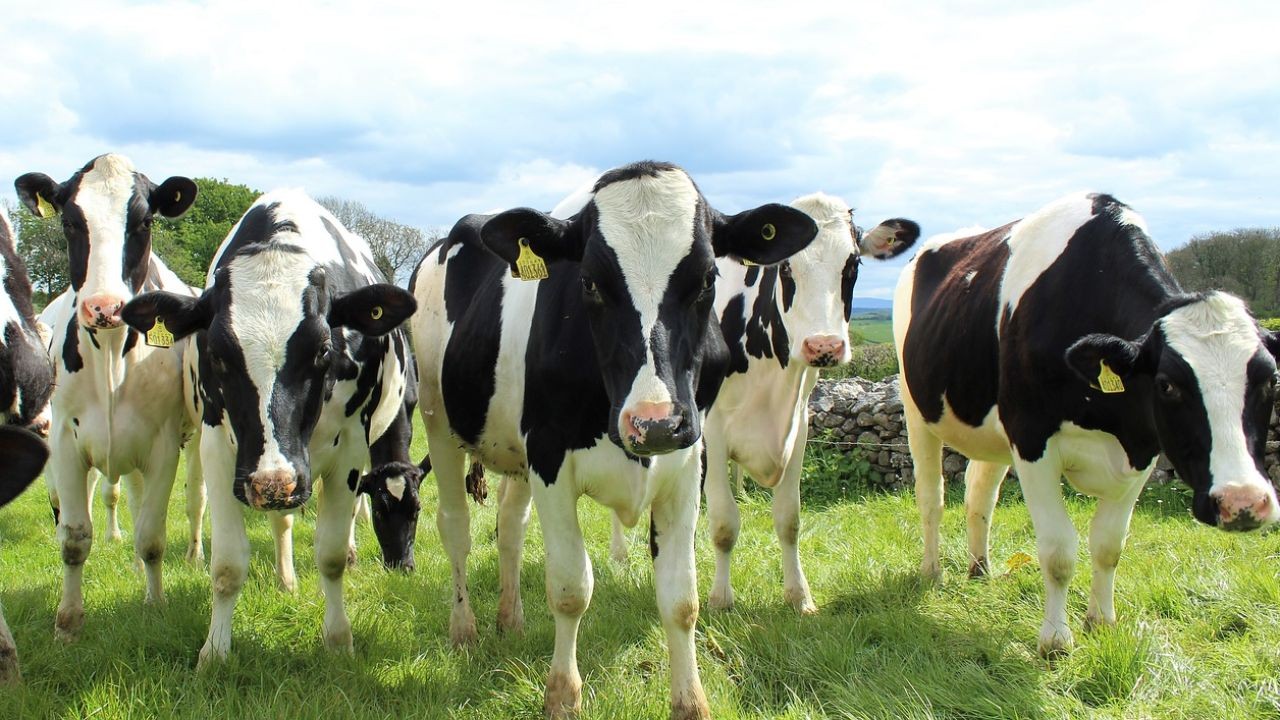Imagine a future where New Zealand's agriculture not only feeds the nation but also powers its economy sustainably. This vision is becoming a reality as green innovation takes center stage in Kiwi farming. Against the backdrop of climate change and global food security challenges, New Zealand's agricultural sector is transforming through sustainable practices, advanced technologies, and innovative policies. This shift is not just an environmental imperative; it's an investment opportunity with profound economic implications. In this comprehensive analysis, we delve into the trends, policies, and real-world success stories that define green innovation in New Zealand's agriculture, offering insights for investors eager to capitalize on this green revolution.
New Zealand's Agricultural Landscape: A Snapshot
New Zealand's agriculture sector is a cornerstone of its economy, contributing approximately 7% to the GDP and employing over 140,000 people. The nation is renowned for its dairy, meat, and horticulture products, which account for a significant portion of its exports. However, traditional farming methods have faced criticism for their environmental impact, particularly concerning greenhouse gas emissions, water usage, and soil degradation. Statistics from the Ministry for Primary Industries indicate that agriculture is responsible for nearly 50% of New Zealand’s total greenhouse gas emissions. This reality has propelled the sector towards more sustainable practices.
Embracing Green Innovation: Key Trends and Technologies
Precision Agriculture: The Game Changer
Precision agriculture is transforming farming by utilizing data and technology to optimize field-level management regarding crop farming. This approach reduces resource use and enhances productivity. For instance, GPS technology and drones are employed to monitor crop health, soil conditions, and water usage, enabling farmers to make data-driven decisions. A study by Lincoln University found that precision agriculture could improve yields by up to 15% while reducing chemical usage by 20%.
Biological Farming: Nurturing the Soil
Biological farming focuses on enhancing soil health through natural processes. This method reduces reliance on synthetic fertilizers and pesticides, promoting biodiversity and resilience against pests and diseases. New Zealand farmers are increasingly adopting biological farming techniques, such as composting and cover cropping, to improve soil structure and fertility. According to research from AgResearch, these practices can increase soil organic matter by 5-10%, enhancing water retention and reducing erosion.
Policy Framework: Driving Sustainable Change
The New Zealand government has been instrumental in promoting sustainable agriculture through policy and funding. The Emissions Trading Scheme (ETS) is a pivotal policy encouraging farmers to reduce emissions by implementing sustainable practices. Moreover, the Sustainable Food & Fibre Futures fund supports innovative projects aimed at increasing the sustainability and productivity of the primary sector. These initiatives align with New Zealand's commitment to achieving carbon neutrality by 2050.
Real-World Case Studies: Success Stories in Kiwi Farming
Case Study: Synlait Milk – Leading in Low-Emission Dairy
Problem: Synlait Milk, a leading dairy company, faced challenges in reducing its carbon footprint amidst rising global demand for sustainable dairy products.
Action: Synlait adopted a comprehensive sustainability strategy, including a robust sustainability framework called “Lead with Pride.” They invested in renewable energy, such as solar power and anaerobic digesters, to reduce emissions from their operations.
Result: By 2025, Synlait achieved a 25% reduction in greenhouse gas emissions per kilogram of milk solids produced, positioning them as leaders in sustainable dairy.
Takeaway: Synlait's success underscores the potential of integrating sustainable practices into traditional farming operations, offering a model for the wider dairy industry.
Case Study: The BioLumic Advantage – Harnessing Light for Growth
Problem: The horticultural sector faced challenges in increasing crop yields without escalating input costs or environmental impact.
Action: BioLumic, an innovative agri-tech company, developed ultraviolet (UV) light treatments that enhance plant growth by triggering beneficial biological responses.
Result: Trials showed yield increases of up to 30% in some crops, with reduced need for chemical inputs, making the technology both economically and environmentally beneficial.
Takeaway: BioLumic demonstrates how technology can boost productivity while minimizing environmental impact, paving the way for more sustainable horticultural practices.
Pros and Cons of Green Innovation in Agriculture
While the benefits of green innovation are clear, it's crucial to weigh the advantages against the challenges.
Pros:
- Environmental Benefits: Reduced emissions and improved soil health contribute to a healthier ecosystem.
- Economic Gains: Sustainable practices can lead to increased yields and cost savings, enhancing profitability.
- Market Differentiation: Sustainable products command premium prices, opening new market opportunities.
- Regulatory Compliance: Aligning with government policies can prevent penalties and secure incentives.
Cons:
- Initial Costs: The transition to sustainable practices often requires significant upfront investment.
- Knowledge Gap: Farmers may need training and support to implement new technologies effectively.
- Market Uncertainty: Changes in consumer preferences and policy can impact market dynamics.
- Resource Constraints: Access to technology and expertise can be limited, particularly for small-scale farmers.
Common Myths and Mistakes in Green Agriculture
Myth vs. Reality
Myth: "Organic farming yields are too low to be economically viable."
Reality: Studies show that organic farming can be just as productive as conventional methods when managed properly (Source: University of Otago).
Myth: "Sustainable practices are only for large farms."
Reality: Small and medium-sized farms are successfully adopting sustainable practices, often with greater agility and innovation (Source: NZ Ministry for Primary Industries).
Myth: "Green technology is too expensive for the average farmer."
Reality: While initial costs can be high, long-term savings and increased productivity often offset these investments (Source: AgResearch).
Future Trends and Predictions
Looking ahead, the future of New Zealand's agriculture is poised for further transformation. The integration of artificial intelligence and machine learning in farming is expected to optimize resource use and enhance decision-making. By 2030, it's predicted that over 50% of Kiwi farms will utilize AI-driven technologies, leading to a 20% increase in productivity (Source: NZTech). Furthermore, the growth of plant-based and alternative protein markets presents new opportunities for diversification and innovation in the sector.
Conclusion
New Zealand's agriculture is on the cusp of a green revolution. For investors, this transformation represents not only a chance to contribute to environmental sustainability but also to tap into the economic potential of a rapidly evolving sector. As green innovation becomes the norm, the opportunities to invest in technologies and practices that enhance productivity and sustainability are boundless. What will be your next move in embracing this green future?
Final Takeaways
- Green innovation is driving sustainable change in New Zealand's agriculture, offering significant investment opportunities.
- Embracing technologies like precision agriculture and biological farming enhances productivity and environmental outcomes.
- Supportive government policies and funding are crucial in facilitating sustainable practices.
- Investors should consider the long-term benefits of sustainable agriculture, including market differentiation and compliance with regulations.
What's Next?
Now is the time to explore investment opportunities in New Zealand's green agriculture sector. Whether it's supporting innovative agri-tech companies or sustainable farming practices, the potential for growth and impact is immense. Share your thoughts and insights on green agriculture in the comments below!
References
- Stats NZ
- Ministry for Primary Industries
- AgResearch
- University of Otago
- NZTech
People Also Ask
How does green innovation impact New Zealand's agriculture?
Green innovation enhances sustainability and productivity in New Zealand's agriculture by reducing emissions, optimizing resource use, and improving soil health. It positions Kiwi farms for long-term profitability and resilience.
What are the biggest myths about sustainable farming in New Zealand?
One common myth is that sustainable practices are only feasible for large farms. However, small and medium-sized farms are increasingly adopting these practices with success.
What are the future trends in New Zealand's agriculture?
The integration of AI and machine learning is expected to enhance decision-making and resource management, while the growth of plant-based markets offers new diversification opportunities.
Related Search Queries
- Green agriculture trends in New Zealand
- Sustainable farming practices in NZ
- Precision agriculture technologies
- New Zealand dairy industry innovations
- Government policies on sustainable farming in NZ
- Future of farming in New Zealand
- Investing in NZ agriculture
- Environmental impact of farming in New Zealand
- Biological farming techniques
- AI in agriculture




































Rosalinda2
7 months ago